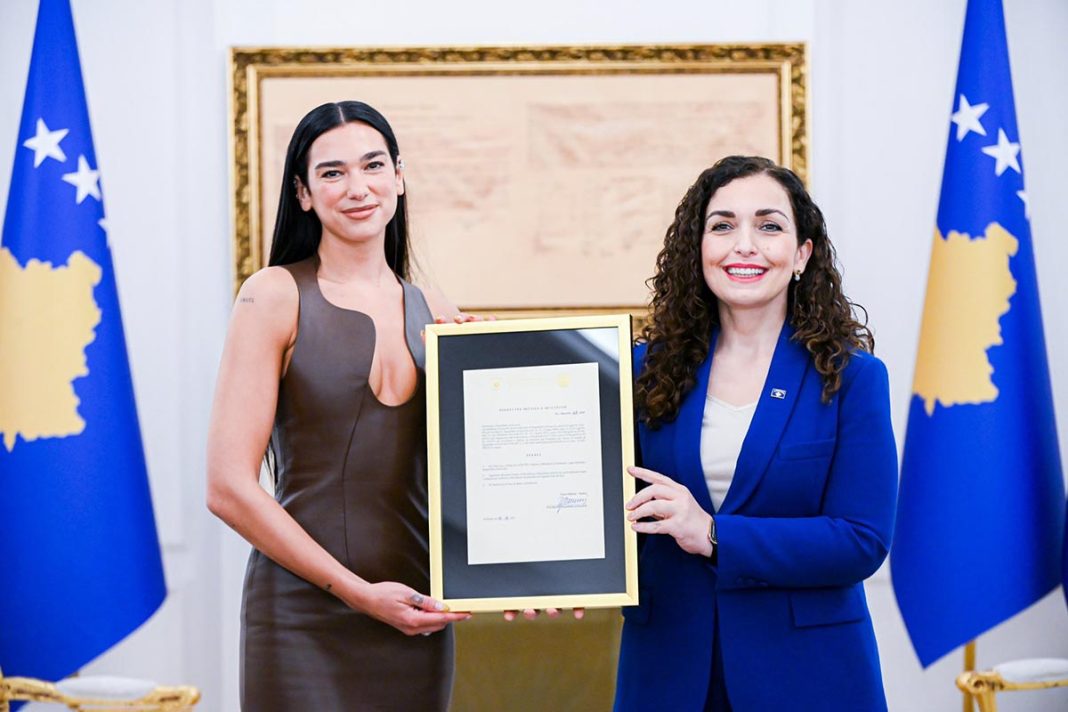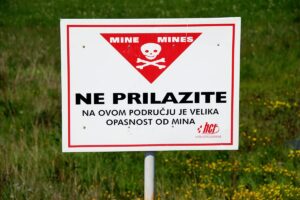Kosovo* has officially granted citizenship to Dua Lipa, the internationally acclaimed singer of Kosovar Albanian heritage, in a move that underscores her impact as a cultural ambassador. The decree was signed by President Vjosa Osmani, who described it as a “special honour” and praised Lipa for promoting Kosovo* on the global stage.
The ceremony comes just ahead of the Sunny Hill Festival in Pristina, founded by Lipa and her father, which has become a major event in the regional cultural calendar. While Lipa was previously named Honorary Ambassador of Kosovo* and holds Albanian citizenship, this latest gesture deepens her official ties to her ancestral homeland.

Beyond music, Lipa has used her global platform to advocate for youth empowerment, visa liberalisation, and the international recognition of Kosovo* — making this symbolic moment one of both national pride and strategic cultural diplomacy.
Lipa’s ties to Kosovo* are rooted in a complex family history shaped by conflict and resilience. Her parents left Pristina in the early 1990s, as rising tensions foreshadowed the war that would erupt later in the decade. Her grandfather, Seit Lipa, then head of the Institute for the History of Kosovo, was directly affected by the crackdown on Kosovo Albanian institutions—his institute was targeted for closure under Serbian law in 1992.
The family resettled in Camden, London, where Dua Lipa was raised in a household steeped in cultural memory and pride. Albanian remained her first language, and the sense of identity she carried became a powerful thread through her later advocacy. These formative experiences have informed her continued efforts to spotlight Kosovo’s place in Europe—not only as an artist, but as a voice for its youth and future.







